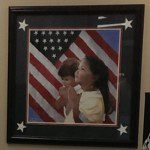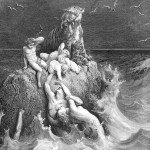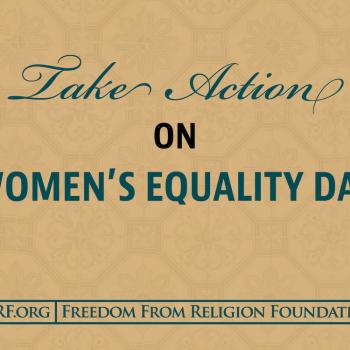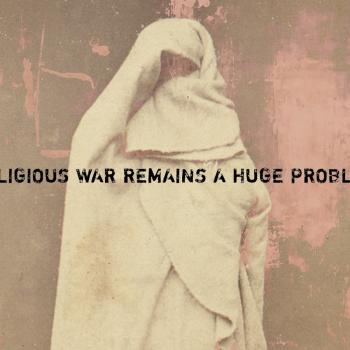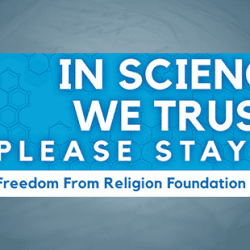Jedidiah Morse
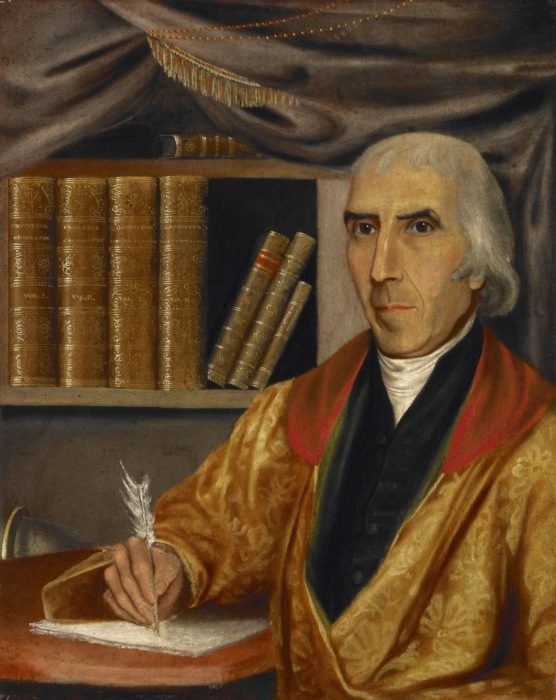
“To the kindly influence of Christianity we owe that degree of civil freedom, and political and social happiness, which mankind now enjoys… Whenever the pillars of Christianity shall be overthrown, our present republican forms of government – and all blessing which flow from them – must fall with them.” – Jedidiah Morse
VERDICT: Very Misleading—Not a Founder, but Mildly Paranoid
“In all those countries where there is little or no religion, or a very gross and corrupt one, as in Mahometan and Pagan countries, there you will find, with scarcely a single exception, arbitrary and tyrannical governments, gross ignorance and wickedness, and deplorable wretchedness among the people. To the kindly influence of Christianity we owe that degree of civil freedom, and political and social happiness, which mankind now enjoy. In proportion as the genuine effects of Christianity are diminished in any nation, either through unbelief, or the corruption of its doctrines, or the neglect of its institutions; in the same proportion will the people of that nation recede from the blessings of genuine freedom, and approximate the miseries of complete despotism. I hold this to be a truth confirmed by experience. If so, it follows, that all efforts made to destroy the foundations of our holy religion, ultimately tend to the subversion also of our political freedom and happiness. Whenever the pillars of Christianity shall be overthrown, our present republican forms of government, and all blessing which flow from them, must fall with them.” – Jedidiah Morse: Patriot and Educator, called “The Father of American Geography”
One can’t help but wonder what “efforts to destroy the foundations of our holy religion” Morse is referring to in this 1799 sermon. The answer is probably the reason Hobby Lobby decided to omit this part of the quote. Yale historian David Brion Davis points out that the purpose of this sermon – for it was a sermon – was to present “elaborate ‘proof’ that the Illuminati had infiltrated the Democratic-Republican Societies (or clubs) which supported Thomas Jefferson.” David Brion Davis, The Fear of Conspiracy: Images of Un-American Subversion from the Revolution to the Present 45-48 (1971).
The sermon laid out Morse’s conspiracy theory:
“. . . I intend, my brethren, to lay before you what I humbly conceive to be our real and most alarming dangers; those which have a malign aspect, both on our religious and our political welfare. Believing, as I firmly do, that the foundations of our most precious interests are formidably assailed, and that the subtil [sic] and secret assailants are increasing in number, and are multiplying, varying, and arranging their means of attack, it would be criminal in me to be silent.”
He discussed “the hostile designs, the insidious arts and demoralizing principles of a foreign nation. . . the French nation.” He “long suspected that secret societies, under the influence and direction of France, holding principles subversive of our religion and government, existed somewhere in this country,” eventually naming the group: the “Society of Illuminati.” McCarthy may have been reading Morse when he began his hunt for communists.
Reading Morse’s screed against these “secret enemies” and their attempts to tear down the clergy, one can’t help but think his Christian persecution complex mutated into an even more virulent strain of paranoia. Jedidiah Morse, father of Samuel Morse, inventor of the telegraph, was a Yale-educated pastor. He was not a politician, statesman, or active in the Revolution or formation of the Constitution in any way—he was certainly not a founding father, as Hobby Lobby claims. While a talented geographer, he was basically a Christian pastor from the founding era. His sole involvement with the government came when he was appointed to visit with the Native Americans. Quoting him is as valuable and worthwhile as quoting Joel Osteen or Pat Robertson on freedom and civil government – not very.
Source: Jedidiah Morse, A Sermon, Exhibiting the Present Dangers, and Consequent Duties of Citizens of the United States of America (Apr. 25, 1799). A published version of the sermon.

